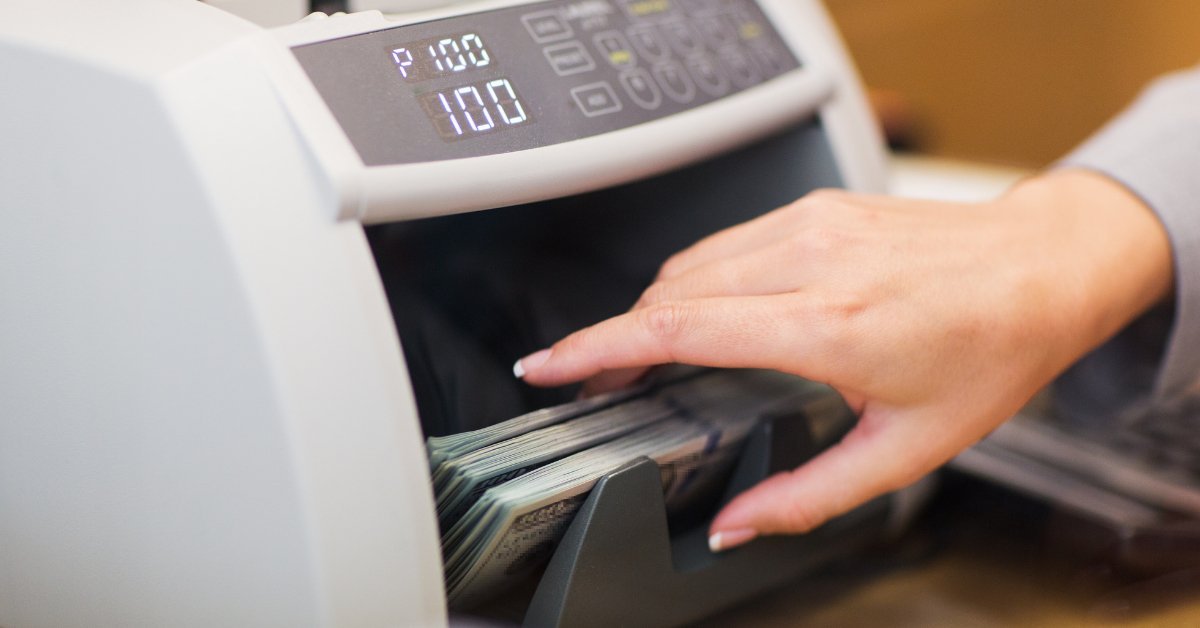When Is the Right Time to Invest in a Money Counter?
Money counters are invaluable devices for any business that handles cash transactions regularly. These machines are designed to count banknotes and coins quickly, ensuring accuracy while saving valuable time. Unlike traditional counting methods that rely on manual handling, a money counter automates the process, reducing errors and allowing employees to focus on other tasks. This makes money counters an essential investment for businesses seeking efficiency and accuracy in cash management.
Understanding What a Money Counter Can Do for Your Business
In addition to standard counting functions, advanced money counters also provide counterfeit detection, which is crucial for businesses exposed to high cash volumes. With the help of counterfeit detectors, these machines can instantly identify suspicious notes, helping businesses prevent losses from fraudulent currency. Some models, such as banknote counter and sorter devices, even allow you to sort denominations, streamlining operations and making cash handling faster and more organised.
For businesses that handle both coins and banknotes, there are also coin counters and coin sorters that simplify the handling of mixed currency. These devices are capable of quickly processing coins of various denominations, ensuring precise totals without the need for manual sorting. For high-traffic businesses, this efficiency can be a game-changer, improving cash flow management and reducing the time spent on end-of-day reconciliations.
Identifying Signs That Your Business May Need a Money Counter
The decision to invest in a money counter often comes when cash handling starts impacting business operations. One sign that a business may need a note counter or coin counter is an increase in the volume of cash transactions. As cash flow grows, the time and effort required to count money manually can strain employee resources, leading to delays and potential errors. In these situations, a money counter can streamline the counting process and allow staff to focus on customer service or other tasks.
Another sign is when manual counting begins to cause errors or inconsistencies. Even the most careful employees can miscount cash, especially in fast-paced environments where multitasking is common. A banknote counter can eliminate such errors, offering consistent and reliable counts that reduce the chance of discrepancies during cash reconciliations. For businesses where accuracy is non-negotiable, such as retail stores, restaurants, and banks, investing in a money counter becomes a logical step.
Finally, if your business is experiencing an uptick in counterfeit currency, a money counter with counterfeit detectors can be a safeguard against fraud. High-risk sectors like retail and hospitality often encounter fraudulent notes, which can lead to substantial losses. By implementing a money counter with built-in counterfeit detection, businesses can protect themselves from this risk and ensure they only handle legitimate currency.
The Benefits of Accurate and Faster Cash Handling
One of the primary advantages of using money counters is the speed they bring to cash handling. Counting money manually can be time-consuming, especially during peak hours or at the end of a busy day. Money counters can process hundreds of notes per minute, allowing businesses to complete cash counting in a fraction of the time it would take manually. This efficiency translates into a smoother workflow and shorter wait times for customers.
Beyond speed, accuracy is a crucial benefit of automated cash handling. Manual counting, while sometimes reliable, is prone to human error, particularly in high-pressure environments. With a banknote counter and sorter, businesses can achieve consistent accuracy, minimising the risk of cash shortages or overages. For industries where precise accounting is essential, like banking and retail, this level of accuracy can enhance financial tracking and ensure end-of-day totals match expected figures.
In addition, the time saved by using a money counter can be redirected toward other areas of the business, such as customer service, inventory management, or employee training. By reducing the time spent on cash handling, businesses can maximise productivity and ultimately increase profitability, making a money counter an invaluable tool for any cash-intensive operation.
How a Money Counter Can Help Reduce Cash Handling Errors
Cash handling errors can be costly for businesses, leading to financial discrepancies and potential customer dissatisfaction. A note counter significantly reduces the likelihood of such errors by automating the counting process, ensuring that every banknote is accurately counted. This consistency is particularly beneficial for businesses with multiple employees handling cash, as it provides a standardised approach to counting that leaves less room for error.
Moreover, the advanced technology in many money counters, including counterfeit detectors, further improves accuracy by identifying suspicious notes that may go unnoticed during manual counting. These detectors use various methods, such as ultraviolet and magnetic sensors, to verify the authenticity of each note. For businesses prone to encountering counterfeit currency, this feature not only safeguards revenue but also boosts confidence in the integrity of cash transactions.
Coin counters and coin sorters also play a role in reducing errors, especially in businesses where coins are a significant part of the daily intake. By sorting and counting coins automatically, these machines eliminate the need for employees to handle small denominations manually, which can be both time-consuming and error-prone. In settings like vending machine operations, laundromats, or arcade centres, using a coin counter ensures that all transactions are accounted for accurately and efficiently.
Evaluating Cash Volume to Determine Timing for Investment
One of the most practical ways to decide on the right time to invest in a money counter is by evaluating your business’s cash volume. For businesses with moderate to high cash flow, the demands of manual counting can quickly become overwhelming. If daily cash transactions require prolonged counting sessions or disrupt other tasks, it may be a strong indication that a banknote counter is necessary.
Another consideration is the frequency of peak periods where cash transactions spike. For instance, retail stores may experience higher transaction volumes on weekends or during holiday seasons, creating a bottleneck if cash counting is done manually. A money counter can alleviate this pressure, enabling faster and more accurate cash handling during these peak times. Businesses experiencing seasonal spikes in cash volume may find that a money counter provides the flexibility needed to manage these fluctuations smoothly.
Furthermore, if your business handles both notes and coins, opting for a banknote counter and sorter or a coin counter can simplify the process and ensure efficiency. Evaluating these cash volume factors will help businesses determine the right time to invest in a money counter to optimise cash management without compromising operational flow.
Considering Security and Fraud Prevention with a Money Counter
Security is a key consideration for any business handling cash, and counterfeit detectors built into modern money counters can significantly enhance fraud prevention efforts. By automatically scanning each note for authenticity, these machines protect businesses from financial loss associated with accepting counterfeit currency. This security feature is particularly beneficial for businesses that frequently handle large cash transactions, where the risk of encountering fraudulent notes is higher.
The use of counterfeit detectors is especially advantageous in high-risk industries, such as retail and hospitality, where employees may not have the tools or training to spot counterfeit notes. Money counters equipped with counterfeit detection provide a reliable, technology-driven approach that ensures each transaction is as secure as possible. This peace of mind is invaluable, allowing business owners to focus on operations without the constant worry of financial loss due to fraud.
For businesses with regular cash deposits, a banknote counter and sorter with counterfeit detection features also streamlines the process of identifying fraudulent notes before they reach the bank. This proactive approach prevents potential disputes with financial institutions and maintains the integrity of the business’s cash deposits.
Preparing Your Staff and Workflows for a Money Counter
Introducing a money counter into daily operations requires some adjustments in workflows and staff training. Employees need to understand how to use the machine correctly, including features like counterfeit detectors and cash counting modes. Training on these functions ensures that staff are confident in using the machine, maximising its potential and integrating it smoothly into their routines.
Adapting workflows is another consideration, as the use of a money counter may alter the usual cash handling process. Businesses may need to adjust their end-of-day reconciliation procedures or incorporate additional steps for handling and verifying counted cash. A clear, step-by-step approach to incorporating the money counter can help employees adapt quickly and maintain accuracy.
In high-volume settings, optimising workflows with a money counter also involves setting designated stations for cash counting, minimising disruptions and improving operational efficiency. By preparing both staff and workflows, businesses can make the most of their investment and experience the benefits of efficient, secure cash handling.
Investing in a money counter can be a game-changer for businesses that handle significant cash transactions. By recognising the signs that it’s time to invest, considering cash volume, industry demands, and preparing staff, businesses can enhance their cash handling processes with accuracy and security. Whether through a banknote counter or coin sorter, money counters support efficient workflows, reduce errors, and safeguard against counterfeit currency, making them an invaluable tool for cash-intensive industries.





